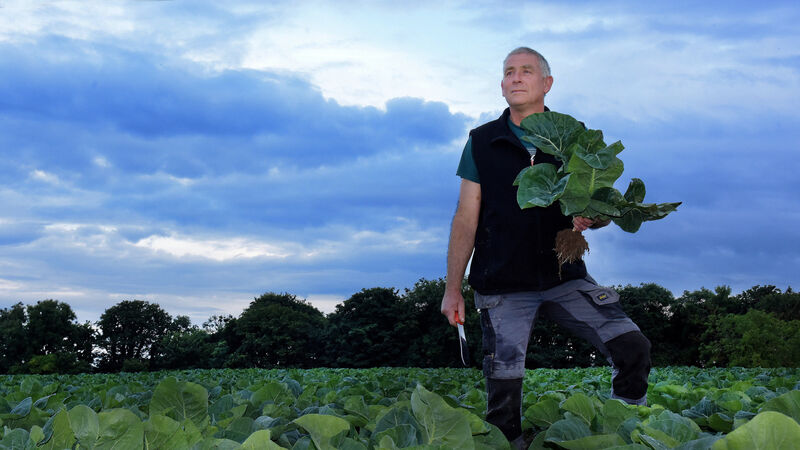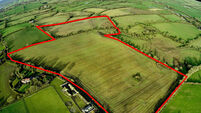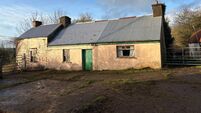Farmers hit by new residential land tax say their businesses are under threat

Alan Harford whose cauliflower and beetroot farm in Rush, Co Dublin is being threatened by the new Residential Zone Land Tax. Picture: Moya Nolan
One of the last early cauliflower farmers in Rush, north Co Dublin, has said he will face an “impossible” €50,000 annual tax bill from the Residential Zoned Land Tax (RZLT) due to come into effect in 2024.
Alan Harford of Fairy Hill Farm is among seven farmers to have lost An Bórd Pleanála appeals against inclusion in the RZLT to date, with a further 569 decisions set to be published by the board in the coming months.













